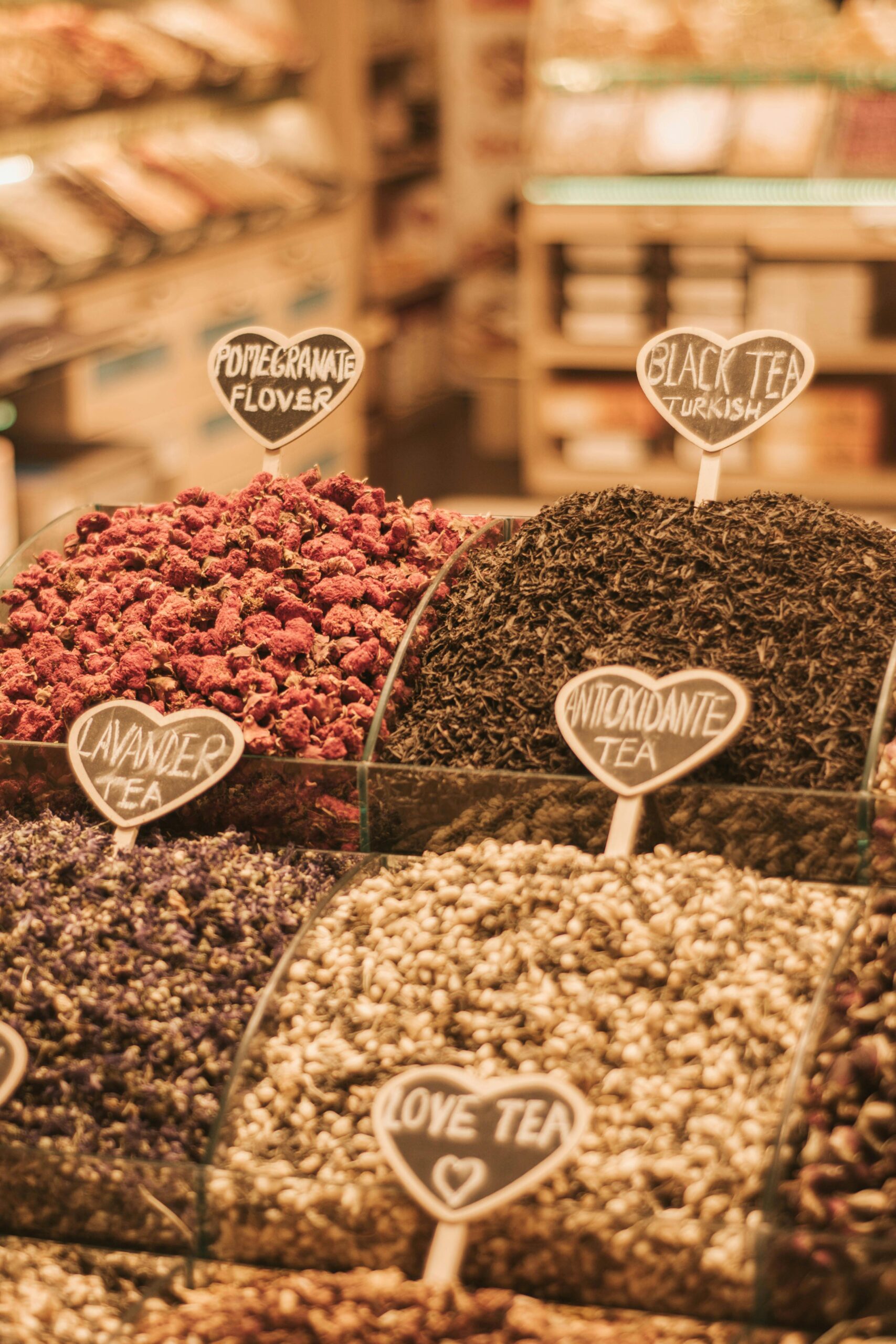Exploring Kojacha: The Traditional Korean Tea with Modern Appeal
Kojacha, a traditional Korean tea made from roasted barley, has been cherished for centuries for its unique flavor and health benefits. This naturally caffeine-free beverage offers a nutty and slightly sweet taste, making it a beloved part of Korean culture. Today, kojacha not only serves as a comforting drink but also as a symbol of Korea’s rich culinary heritage. This article delves into the origins of kojacha, its brewing methods, health advantages, cultural significance, and its growing popularity worldwide. By understanding these dimensions, readers can appreciate why kojacha continues to captivate tea enthusiasts and promote wellness in a modern context.
The Origins and Historical Significance of Kojacha
Kojacha’s roots trace back to ancient Korean households where barley, a staple grain, was roasted and brewed to create a simple yet nourishing drink. The practice emerged from practical needs—using readily available ingredients to craft a hydrating, warm beverage during cold seasons. Over time, kojacha became embedded in Korean rituals, tea ceremonies, and daily life, symbolizing hospitality and health. Its continuity highlights how Korean culture preserves tradition through culinary practices while adapting them to contemporary lifestyles.
How Kojacha Is Made: The Art of Roasting and Brewing
The process of making kojacha is pivotal to its distinctive flavor profile. Barley grains are first thoroughly roasted until they achieve a rich golden-brown color, which intensifies the nutty aroma and imparts a toasted sweetness. The roasted barley is then steeped in hot water, usually for about 5-10 minutes, producing a clear, amber-colored infusion. Precision in roasting and steeping time influences the taste, balancing depth and subtlety. Unlike other teas, kojacha’s preparation requires no fermentation or oxidation, giving it a straightforward but richly nuanced character.
Health Benefits Backed by Tradition and Science
Kojacha is reputed for numerous health benefits, both in traditional beliefs and modern nutritional studies. Being caffeine-free, it offers a gentle alternative to stimulating beverages, suitable for all ages and times of day. It is rich in antioxidants and essential minerals like magnesium and potassium, which support cardiovascular health and digestion. Additionally, the tea aids in hydration and can help alleviate bloating and digestive discomfort due to its anti-inflammatory properties. This combination of nurturing qualities has cemented kojacha as a wellness staple in Korean households.
The Cultural Role of Kojacha in Korean Life Today
In contemporary Korea, kojacha remains a ubiquitous presence—from bustling cafes to quiet family homes. It is often served during meals to cleanse the palate and support digestion. Moreover, kojacha represents a bridge between generations, linking modern consumers to ancestral traditions. Its integration into wellness routines and modern tea culture reflects Korea’s broader movement toward natural and holistic lifestyles. Through festivals, culinary innovations, and global exports, kojacha promotes appreciation for Korean heritage on an international stage.
Kojacha’s Rising Global Popularity and Future Prospects
The rising global demand for health-conscious and caffeine-free beverages has brought kojacha into the spotlight beyond Korea’s borders. Specialty tea shops worldwide are incorporating this barley tea into their menus, introducing its nutty, soothing qualities to new audiences. Its versatility inspires creative blends and culinary uses, from iced teas to cooking broths. As consumers increasingly value tradition combined with health benefits, kojacha’s role as a cultural ambassador and wellness drink seems poised to expand further into international markets.
In essence, kojacha exemplifies a perfect harmony of cultural heritage, healthful qualities, and sensory enjoyment. Its historical origins and simple preparation have sustained its presence through centuries, while its health benefits and natural, caffeine-free nature continue to resonate with contemporary wellness trends. As a cornerstone of Korean tradition and an emerging global favorite, kojacha offers more than just refreshment—it invites a meaningful connection to history, health, and community. Embracing kojacha empowers individuals worldwide to savor a distinctive, wholesome beverage with a story steeped in authenticity and care.
